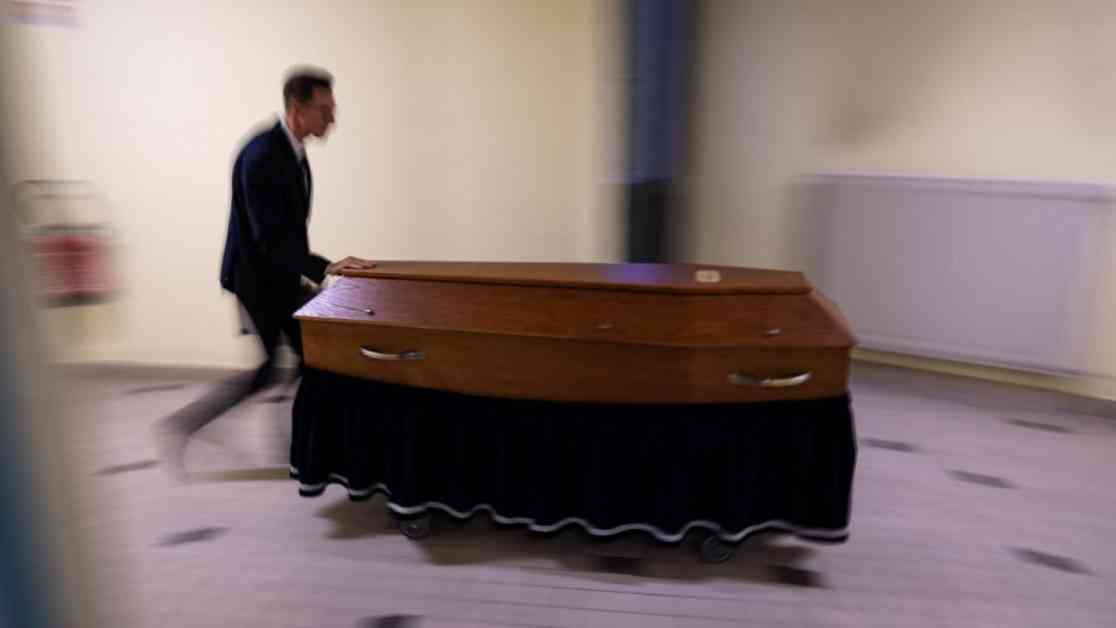Becca Ziegler, a 24-year-old American living and working in Berlin, has made plans for the afterlife. Her body will be frozen by a laboratory in Berlin in the hope of a new life. This process, called cryonics, involves preserving the deceased at very low temperatures with the hope of future resurrection.
Cryonics, which emerged in the 1960s, is no longer limited to eccentric billionaires or the realm of fiction. It has become a real possibility for those who believe in the potential of science to bring them back to life in the future. Becca Ziegler, a product manager for a California technology company, sees this as an opportunity to witness the future world.
Tomorrow Biostasis, a start-up in Berlin founded in 2020, is the first company in Europe to offer cryonics services. The company aims to make cryonics more accessible to the general public by reducing costs. For a monthly contribution of 50 euros throughout their life, clients can sign up to be frozen after death. Additionally, a one-time fee of 200,000 euros is required after passing away, with an option of insurance coverage.
Emil Kendziorra, one of the founders of Tomorrow Biostasis, highlights the goal of the company to democratize cryonics. By offering affordable plans, they have attracted around 700 clients, with four individuals already cryopreserved by the end of 2023. The typical client is between 30 and 40 years old, works in the technology sector, and is more likely to be male than female.
Despite the advancements in cryonics research, the chances of successfully resurrecting a frozen individual in the near future remain slim. Scientists like Holger Reinsch from the ILK Research Institute in Dresden caution against putting too much hope in cryonics. The limitations in preserving tissue structures have not significantly improved since the 1970s.
While there are no guarantees of a successful revival, Becca Ziegler remains resolute in her decision. She sees cryonics as a preferable alternative to traditional burial, where the body would decay over time. Whether cryonics will ever fulfill its promise of resurrection remains uncertain, but for individuals like Becca, the hope of a second chance at life outweighs the risks.
In a world where technology continues to push the boundaries of what is possible, the concept of cryonics raises ethical and philosophical questions about the nature of life and death. As more people consider the option of being cryopreserved for potential future revival, the debate around the feasibility and ethics of this practice will continue to evolve.

















